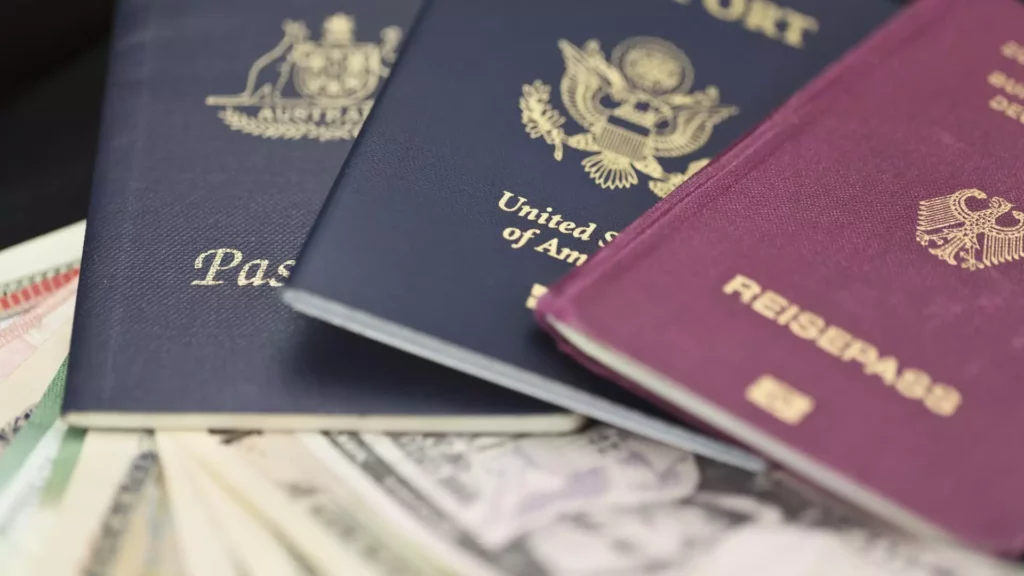![]()
In recent years, there has been a noticeable trend among wealthy U.S. families towards acquiring second citizenships and national residences. This trend is driven by a desire to hedge financial risks and uncertainties that may arise in their home country. As noted by Henley & Partners, a leading law firm specializing in high-net-worth citizenships, Americans are now at the forefront of obtaining alternative residences or additional citizenships. This phenomenon has led to the concept of “passport portfolios,” where individuals collect multiple citizenships as a form of security.
The rationale behind the rise of American passport portfolios can be attributed to several key factors. Firstly, the idea of diversifying one’s citizenship and residence is seen as a strategic move to mitigate against volatility and uncertainty in the political and economic landscape. Wealthy individuals understand the importance of diversification in their investments, and extending this principle to their citizenship and residence is a logical extension. By holding multiple citizenships, individuals have the flexibility to navigate potential challenges in their home country by seeking refuge elsewhere.
Notable figures such as billionaire tech investor Peter Thiel and former Google CEO Eric Schmidt have become emblematic of this trend. Thiel acquired citizenship in New Zealand, while Schmidt sought citizenship in Cyprus. While these individuals have not renounced their U.S. citizenship, they have opted to supplement their passport with additional citizenships as a form of risk management and global mobility.
According to Henley, Portugal, Malta, Greece, and Italy are among the top destinations for Americans seeking supplemental passports. Programs like Portugal’s “Golden Visa” offer a pathway to residency and citizenship in exchange for investment in the country. Malta’s program, which grants European citizenship rights, has also gained popularity among American investors. These programs provide access to visa-free travel within Europe and offer settlement rights across the region.
The rise of American passport portfolios can be attributed to several driving forces. Firstly, having an alternative passport facilitates travel to regions that may be less accommodating to U.S. citizens. In an era of global instability, holding a citizenship in a politically neutral country provides a safety net for individuals uncertain about their welcome abroad. Secondly, for business leaders, a non-U.S. passport can offer security and discretion when conducting international business transactions in high-risk environments. Finally, some wealthy Americans view secondary residencies as a potential retirement option or a means to be closer to family members living abroad.
The trend of millionaire migration is expected to continue growing, with more wealthy individuals seeking new countries of residence by 2024. The U.S. remains a favored destination for global millionaires, with an influx of wealthy residents projected in the coming years. Despite the uncertainties in the global landscape, the U.S. continues to be a hub for wealth creation opportunities, attracting affluent individuals from around the world.
The phenomenon of American passport portfolios reflects a broader trend towards diversification and risk management among high-net-worth individuals. By holding multiple citizenships, wealthy Americans seek to safeguard their assets, enhance their global mobility, and prepare for an uncertain future. As geopolitical landscapes evolve and economic uncertainties persist, the need for domicile diversification becomes increasingly relevant in the world of high finance.

Leave a Reply